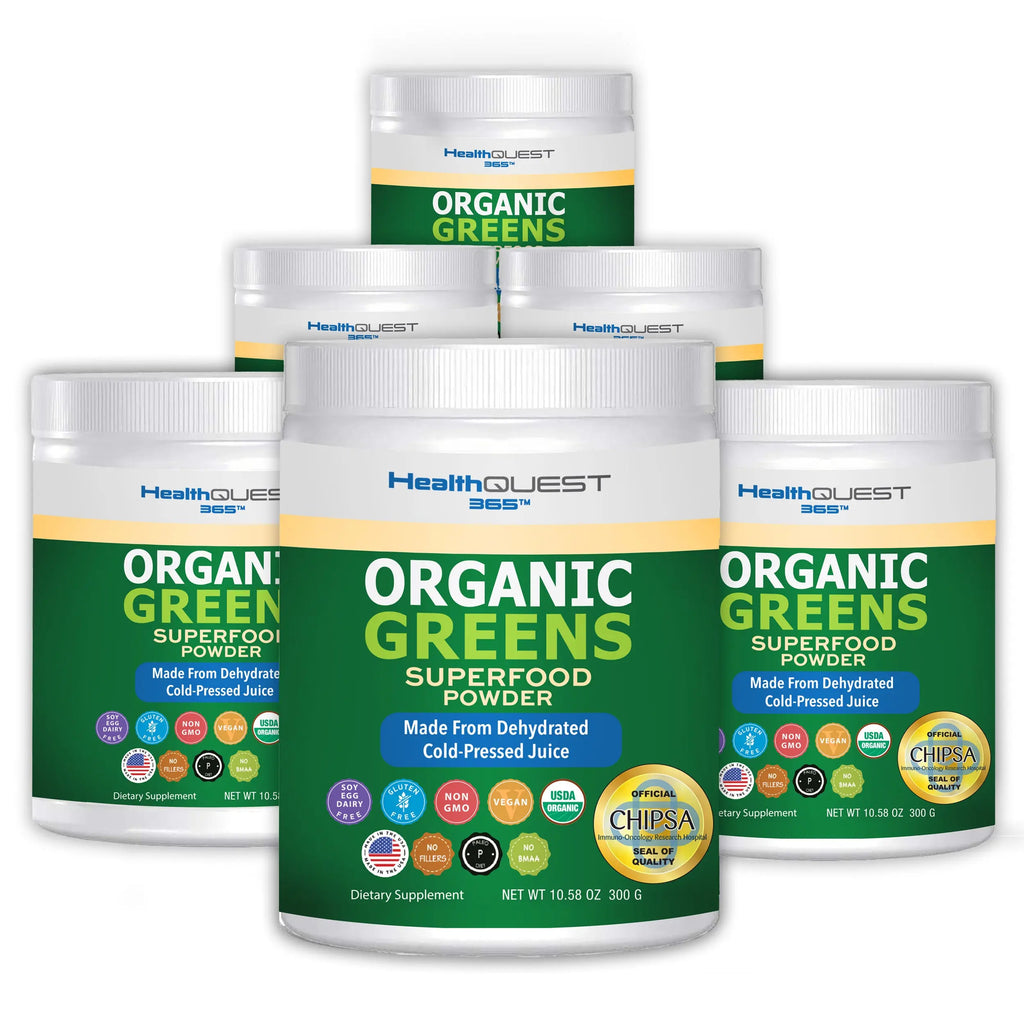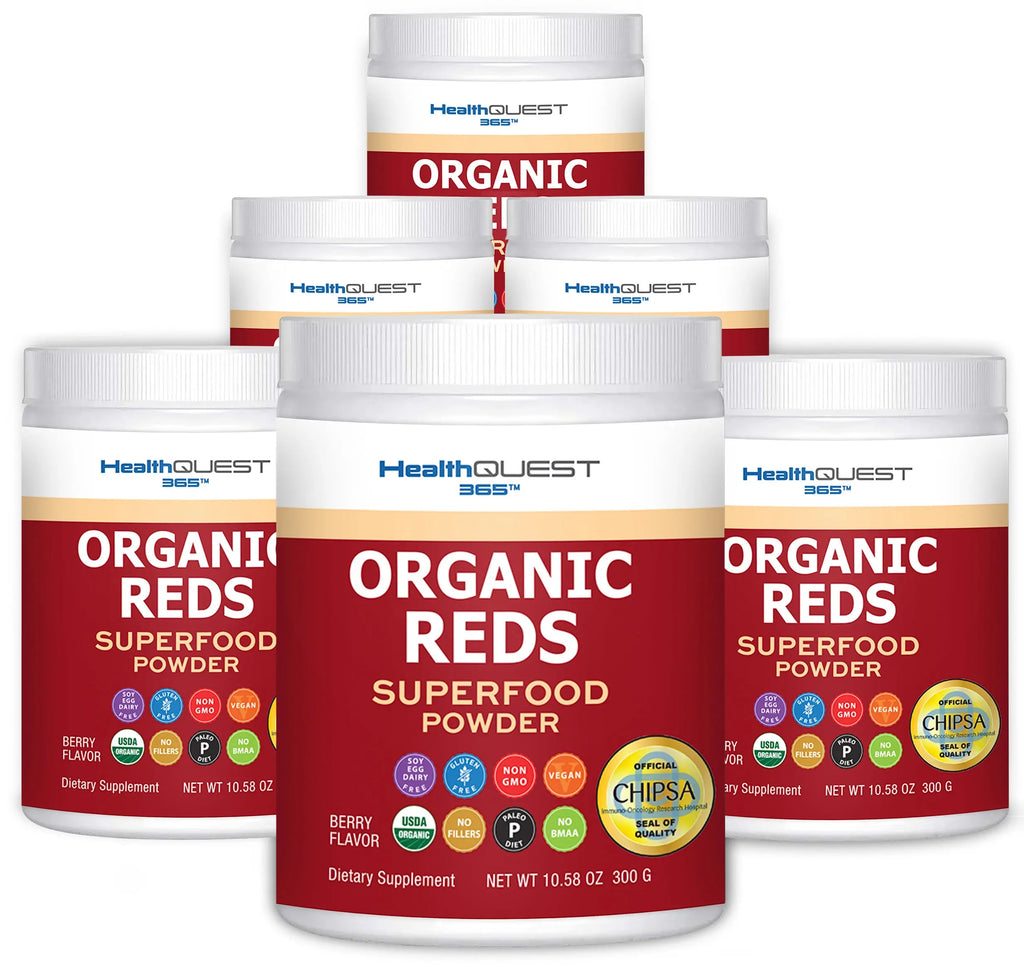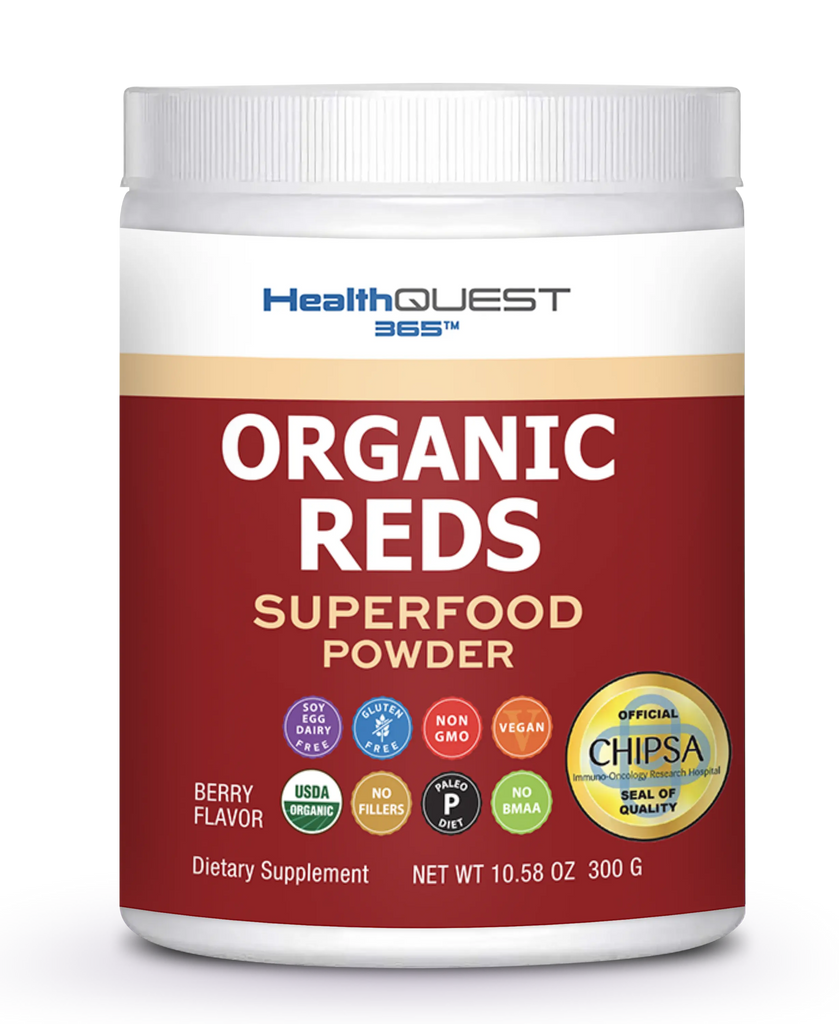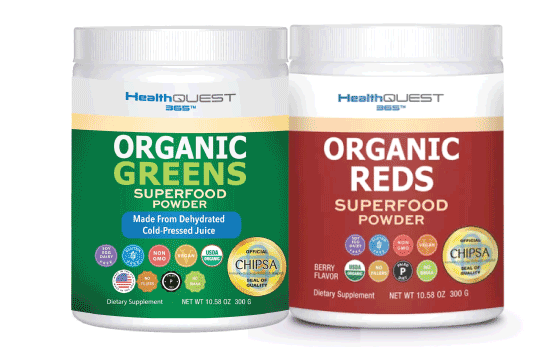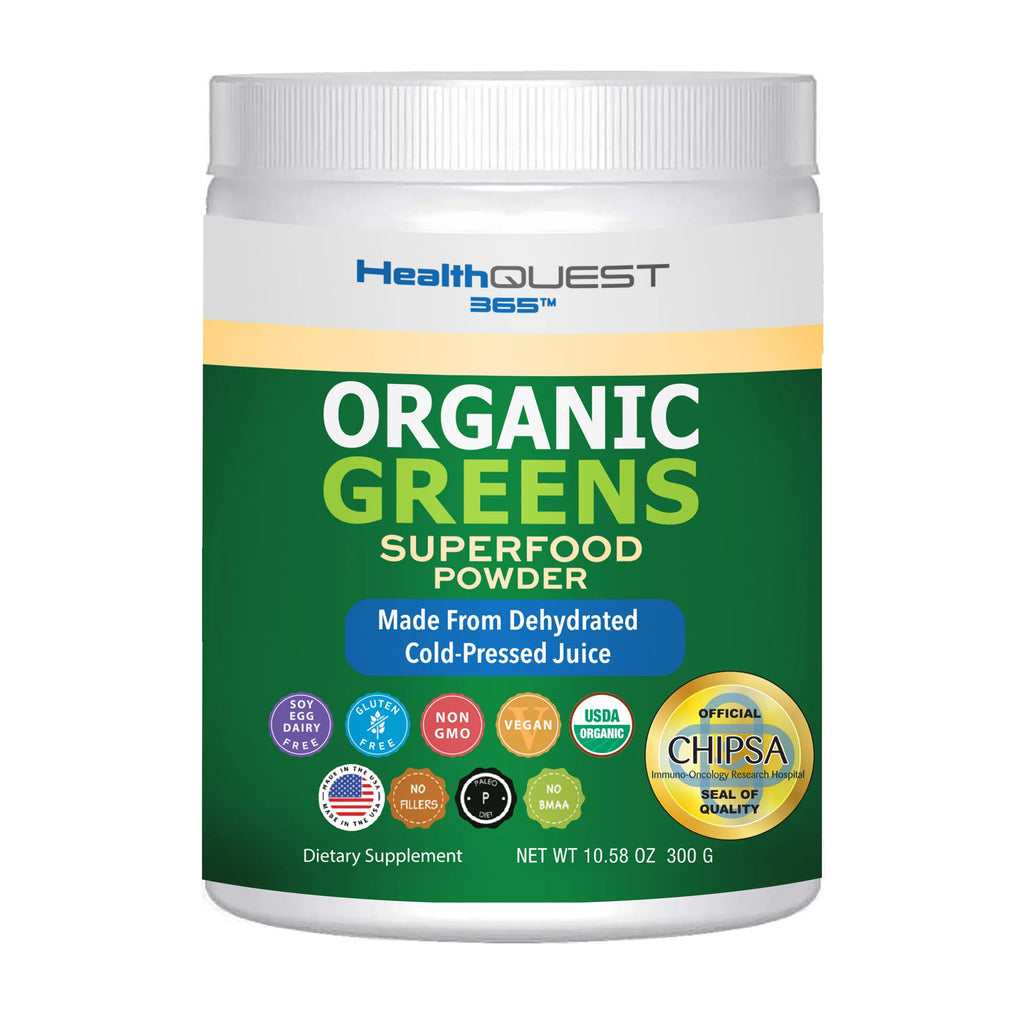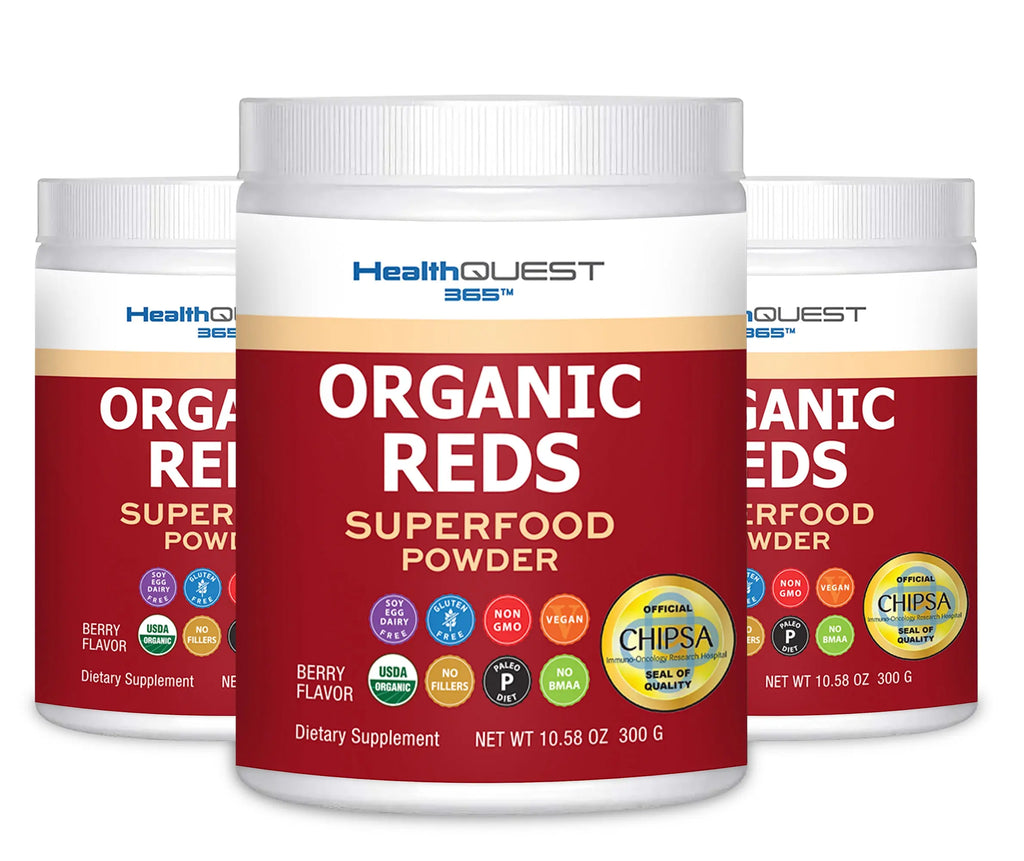It’s about health. It’s about healthy lifestyle. It’s about family™

Nutrition for the Brain: How Nutrition Skyrockets Your Cognitive Powers to New Heights
In recent years, our understanding of the profound impact of nutrition on overall well-being and specifically, cognitive function, has deepened significantly. The brain, a pivotal organ in our body, is heavily shaped and maintained by nutrition.
By delving into this fascinating connection, we aim to provide valuable insights and practical tips for enhancing cognition and optimizing brain health.

UNDERSTANDING THE IMPORTANCE OF NUTRITION FOR BRAIN HEALTH
The brain, as the command center of our body, plays a vital role in dictating our general wellness. Its development and maintenance are profoundly influenced by nutrition, emphasizing the necessity of a well-rounded diet.
Numerous nutrients play key roles in supporting cognitive function, underpinning the importance of an optimal dietary regimen.
FUELING THE BRAIN: KEY NUTRIENTS FOR COGNITIVE HEALTH
Certain nutrients stand out for their immense benefits on brain structure and function. Omega-3 fatty acids, for instance, are paramount for enhancing brain function and structure.
In addition, the arsenal of antioxidants defends against harmful oxidative stress and inflammation. These are conditions that threaten cognitive health.
B vitamins boost memory and brain longevity, while choline, an often-overlooked nutrient, is essential for the synthesis of neurotransmitters. Polyphenols too offer bounteous benefits for cognitive aging and overall brain health as well.
THE GUT-BRAIN AXIS: EXPLORING THE CONNECTION
Our gut microbiome influences brain health significantly. The gut and brain communicate intricately, a relationship with profound implications for mental well-being.
Nutrition plays a cardinal role in nurturing a healthy gut microbiome, further highlighting the value of mindful eating.

Give You ALL Our Best Workbooks
Get all the Best Workbooks + Action Guides from our expert
BRAIN-BOOSTING FOODS: WHAT TO INCLUDE IN YOUR DIET
A brain-healthy diet encompasses a diverse range of foods. Nutritious foods valuable for cognitive health include:
-
Fruits and vegetables brimming with antioxidants and critical nutrients
-
Healthy fats from avocados, nuts, and olive oil
-
Whole grains that impact cognitive function positively
-
Protein-rich foods for ample neurotransmitter production
THE IMPACT OF SUGAR AND PROCESSED FOODS ON BRAIN HEALTH
Excessive sugar could have detrimental effects on brain health, compromising cognitive function.
Processed foods, riddled with controversial ingredients, also trigger inflammation which is harmful to the brain. Strategies for reducing sugar and processed food intake thus become crucial for cognitive upkeep.
LIFESTYLE FACTORS FOR A HEALTHY BRAIN
Beyond nutrition, regular exercises offer cognitive benefits. A good night’s sleep positively impacts brain function and memory, while effective stress management can help maintain brain health.


FREE "Mystery Gift"?
Let me stay in touch with you via email and as a thank you - get this FREE gift.. Something others paid over $1,000 for.
(True story)

BRAIN-BOOSTING HABITS: BEYOND NUTRITION
These practice significantly contribute to mental well-being:
-
Mental stimulation exercises
-
Maintaining social connections
-
Practicing mindfulness and meditation
SEEKING PROFESSIONAL GUIDANCE
The role of nutritionists and dietitians is important for optimizing brain health. These professionals, alongside other healthcare providers, can offer personalized advice for managing your dietary practices.
Reliable sources for information on nutrition and brain health are vital, underlining the necessity for evidence-based knowledge in maintaining optimal cognitive functions.
To Wrap Up
Understanding the impact of nutrition on brain health is cardinal for cognitive preservation and enhancement. We align ourselves with the path toward cognitive excellence by grasping the influence of key nutrients, the gut-brain axis, brain-supporting foods, and key lifestyle factors.
To pave the way for optimized brain health and overall wellness, prioritize a brain-healthy diet. You can also adopt brain-boosting habits and seek professional guidance when needed.
Want to take that first step today? Then check out Health Quest 365's superfood powder: Organic Greens 365!
FREQUENTLY ASKED QUESTIONS
Nutrition plays a significant role in brain development and maintenance. Certain nutrients enhance brain function, defend against oxidative stress, and support neurotransmitter synthesis, which is crucial for optimal brain health.
Yes, a diet rich in brain-boosting nutrients such as Omega-3 fatty acids, antioxidants, B vitamins, choline and polyphenols can improve cognitive function and promote brain health.
The gut microbiome plays a crucial role in brain health. The gut and the brain communicate directly with each other, and a healthy gut microbiome can influence mental well-being and cognitive functioning.
Yes, excessive sugar consumption and a high intake of processed foods can negatively impact cognitive function and trigger inflammation in the brain.
Regular exercise, quality sleep, effective stress management, mental stimulation, maintaining social connections, and practicing mindfulness and meditation can all significantly improve brain health.


